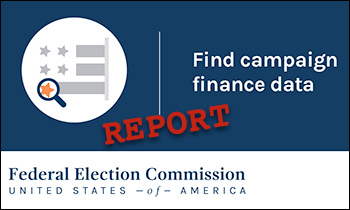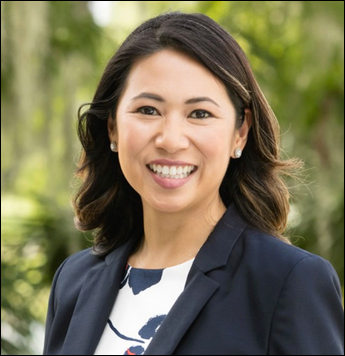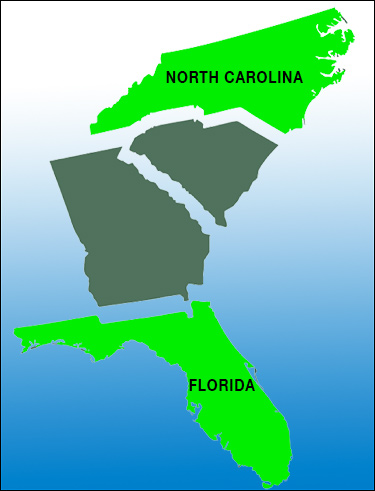By Jim Ellis
April 25, 2022 — The Federal Election Commission (FEC) has released the campaign finance reports for the quarterly period ending March 31, and the Daily Kos Elections site analysts have published their regular comprehensive summaries for all Senate and House incumbents and candidates.
 In the Senate, the top fundraisers for the campaign-to-date are familiar names, and they are repeating their overwhelming performance from the 2020 election cycle. For the 2022 race, Georgia Sen. Raphael Warnock (D) reports $44.2 million in receipts with a cash-on-hand total of $25.6 million. Both are higher than any individual running for the Senate in the 2022 cycle. Sen. Mark Kelly (D-AZ) is close behind, raising $39.0 million for the campaign cycle with $23.3 million in his treasury.
In the Senate, the top fundraisers for the campaign-to-date are familiar names, and they are repeating their overwhelming performance from the 2020 election cycle. For the 2022 race, Georgia Sen. Raphael Warnock (D) reports $44.2 million in receipts with a cash-on-hand total of $25.6 million. Both are higher than any individual running for the Senate in the 2022 cycle. Sen. Mark Kelly (D-AZ) is close behind, raising $39.0 million for the campaign cycle with $23.3 million in his treasury.
Based upon state population segments, Sen. Kelly is actually the stronger of the two because he comes from a smaller state. Dividing the funding evenly by congressional district, Sen. Kelly averages $4.3 million per his state’s nine congressional districts, while Sen. Warnock posts $3.2 million per Georgia’s 14 CDs.
The next most prolific fundraisers come from the same race. Florida Congresswoman Val Demings (D-Orlando) is the top money producing challenger in the country, posting $30.5 million in receipts for the campaign cycle. Her opponent, Sen. Marco Rubio (R), is virtually even with her, attracting $29.3 million. Cash-on-hand is about dead even, too. Rep. Demings reports $13.2 million in her account; Sen. Rubio, $13.1 million.
For the Republicans, the top challenger fundraiser, though he is leagues behind general election opponent Sen. Warnock, is Georgia’s Herschel Walker with $14.2 million raised.
The aggregate group of Senate candidates raising the most in one challenger contest is found in Wisconsin, as Democrats Alex Lasry, state Treasurer Sarah Godlewski, and Lt. Gov. Mandela Barnes have cumulatively brought in $18.2 million. Lasry, an executive with the Milwaukee Bucks professional basketball club, has gross receipts of over $9 million, but $5.8 million is self-sourced. Godlewski reports $5.1 million in total dollars raised, but $3.3 million comes from herself. Lt. Gov. Barnes has raised $4 million without any self-funding. For his part, Sen. Ron Johnson (R) has obtained $10.8 million for his 2022 re-election campaign.
The most prolific open seat fundraisers are in Pennsylvania and Ohio. The combined candidate dollar total in the Keystone State exceeds $45 million, but almost $18 million of that total is self-funded from Dr. Mehmet Oz (R) and former hedge fund CEO David McCormick (R). The group from Ohio is close behind with $44.8 million obtained. In this case, we see a combined self-funding total that exceeds $21 million.
On the House side, a total of 32 incumbents and challengers raised over $1 million just during the first quarter. Naturally, the party leaders, Minority Leader Kevin McCarthy ($4.3 million), Minority Whip Steve Scalise ($3.4 million) and Speaker Nancy Pelosi ($3.3 million) are the most prolific.
Majority Leader Steny Hoyer ($510,000) and Majority Whip Jim Clyburn ($284,000) are clearly not in the top echelon, but are likely spending their time raising funds for their leadership PACs or the Democratic Congressional Campaign Committee (DCCC). Additionally, with Democratic incumbents and candidates raising considerably more than their Republican counterparts, the individual campaigns need less from Washington.
The top non-incumbents breaking the $1 million mark for the quarter are Jessica Cisneros, now in a Texas Democratic runoff with Rep. Henry Cuellar (D-Laredo) and Marcus Flowers, who is challenging Georgia Rep. Marjorie Taylor Greene (R-Rome), both at $2.4 million.




